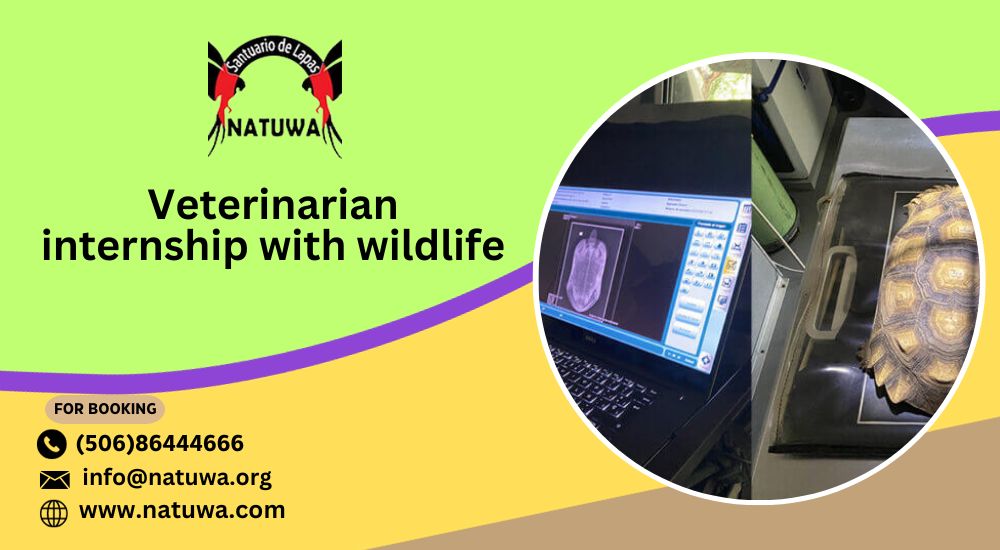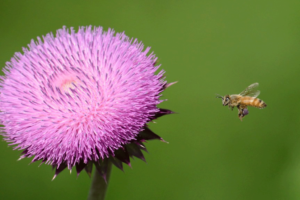Like humans, animals require effective medical care. Animals frequently require preventative care in order to stay healthy, as well as specialized rehabilitation if they become injured or sick. Veterinary science will be necessary for animal research and development. Every sort of animal will receive diagnostic, medicinal, and therapeutic treatments from a veterinarian.
Veterinarians treat cattle, pets, wildlife, and animals in laboratories, zoos, and racetracks. Some will safeguard people from diseases that affect animals, while others will perform a medical study on the link between animal and human health issues. Others will conduct a preliminary study and raise public awareness about animals and medical research.
What are the veterinary internship programs?
A few will work in applied research and come up with new ways to use what they’ve learned about animals. Many veterinarians will diagnose an animal’s health status and advise owners on correct care; they may also vaccinate animals against illnesses, treat animals for infections or illnesses, and perform other medical procedures.
If you want to get trained as a veterinarian, you should first know that you must obtain a Doctor of Veterinary Medicine degree from a recognized college. A minimum of 45 credit hours is required for the programs, and several of them will require a bachelor’s degree. Before enrolling in a veterinarian internship with wildlife, many individuals will complete a bachelor’s degree program. Several graduate students will start one-year internship programs following graduation.
What is the qualification for the internship?
However, if you want to acquire an advanced qualification or specialty certification, you’ll need a volunteer program with tapirs in Costa Rica, and having this experience will make it much easier to start your career. You will know what the job is like the day in and day out after interning at the office of an experienced veterinarian, which your coursework and lab hours will not prepare you for.
In the next years, career opportunities are expected to be plentiful, particularly for veterinarians with extensive experience working with animals and those who specialize. Individuals who strongly want to help and improve the health and well-being of animals may choose a profession as a veterinarian.
Future veterinarians should have good manual dexterity as well as the ability to communicate successfully with animal owners. Veterinarians who want to create their own practice should have excellent communication and business abilities.

















